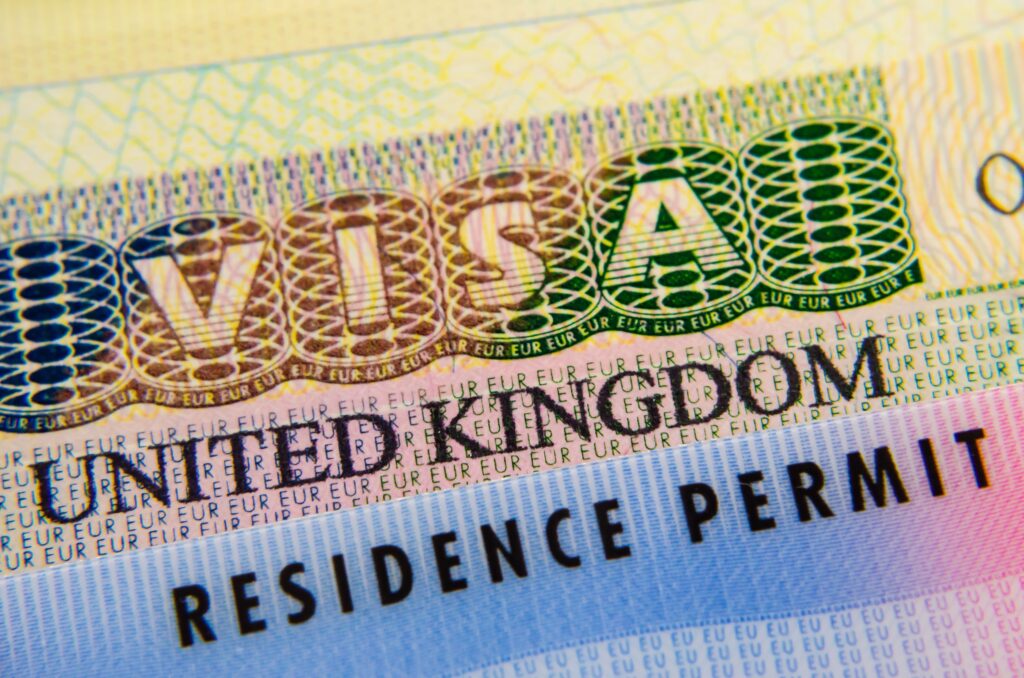Applying for a Defined Certificate of Sponsorship (DCoS)
Before a foreign national can apply for a visa to work in the UK, they must usually obtain a valid Certificate of Sponsorship (CoS) from their employer. There are two types of CoS that a sponsor can assign under the Skilled Worker route, known as ‘Defined’ and ‘Undefined’ CoS.

If the worker you wish to sponsor will be making their application for permission (entry clearance) from outside the UK, you will need to assign them a Defined CoS (DCoS). You can also apply for a DCoS if you have not yet identified a worker but think you may need to sponsor a worker from overseas in the near future.
You must apply for defined certificates for these workers through the sponsorship management system (SMS).
Recent anecdotal evidence from employers and immigration practitioners suggests that the Home Office is now placing greater scrutiny on sponsors when making these requests for a DCoS.
DCoS request process
You cannot apply for an annual allocation of Defined CoS. Instead, you must apply for a DCoS as and when you require one.
You can apply for more than one Defined CoS in a single application, provided the role details (including start date, occupation code, job description and salary) on each CoS are the same.
Applications are usually approved within one working day. It may take longer if UKVI need to carry out further checks on the information in your application.
Defined certificates will appear in your SMS account once they have been approved. You can then assign them to a worker.
The Home Office may reject your DCoS application for a number of reasons, including if they are not satisfied that the job meets the skill or salary requirements of the route, if you have used an inappropriate occupation code for the role, if they have reasonable grounds to believe the job is not a genuine role, or if you have provided false or misleading information in your application.
Additional information required by the Home Office
Some sponsors have recently reported that they are receiving a longer than normal list of questions and requests for evidence when making an application for a Defined Certificate of Sponsorship.
Sponsors have been asked to submit a range of supporting evidence, including:
- A written statement specific to your business, justifying why your organisation requires the job role in question.
- A full job description including the main duties of the role for which the worker is being sponsored.
- A hierarchy chart detailing who currently works for your organisation, each vacant position within your organisation, which of these vacancies the sponsored worker/s will fill, and which positions are currently filled by migrant workers.
- A staff rota which shows what duties your current employees are undertaking and where they are working.
- Documentary evidence to demonstrate where your migrant employees will be working, including all addresses with a breakdown of the roles carried out at each location.
- Copies of current client contracts, if your migrant workers will be working on specific client contracts.
- Documentary evidence of funds, company accounts and business bank statements.
- Details on how you currently pay your existing staff and how you intend to fund the requested migrant worker/s.
- Copies of employment contracts between your business and existing workers you sponsor, for each SOC code you are wanting to sponsor migrant workers under.
- Your company’s website address.
The above is not an exhaustive list but gives an indication of the level of detail the Home Office expects sponsors to provide when applying for a DCoS.
Sponsors are advised to prepare for longer waiting times when applying for a DCoS if a request for further evidence is made.
Home Office action to reduce net migration
This move follows a recent announcement from the government setting out measures to cut net migration, focusing on employers of migrant workers.
The measures aim to tackle the root causes behind the UK’s long-term reliance on international recruitment and improve employer compliance with the Immigration Rules.
Under the sponsorship system, the onus is on sponsors to prove that they are offering a genuine role to a migrant worker that meets the requirements of the route. Sponsors should therefore ensure that they are providing as much evidence as possible when submitting applications, to avoid refusals and delays to your recruitment process.
Smith Stone Walters can advise employers on the requirements for sponsoring migrant workers, including end-to-end support with the visa application process. For more information, please contact us today.















